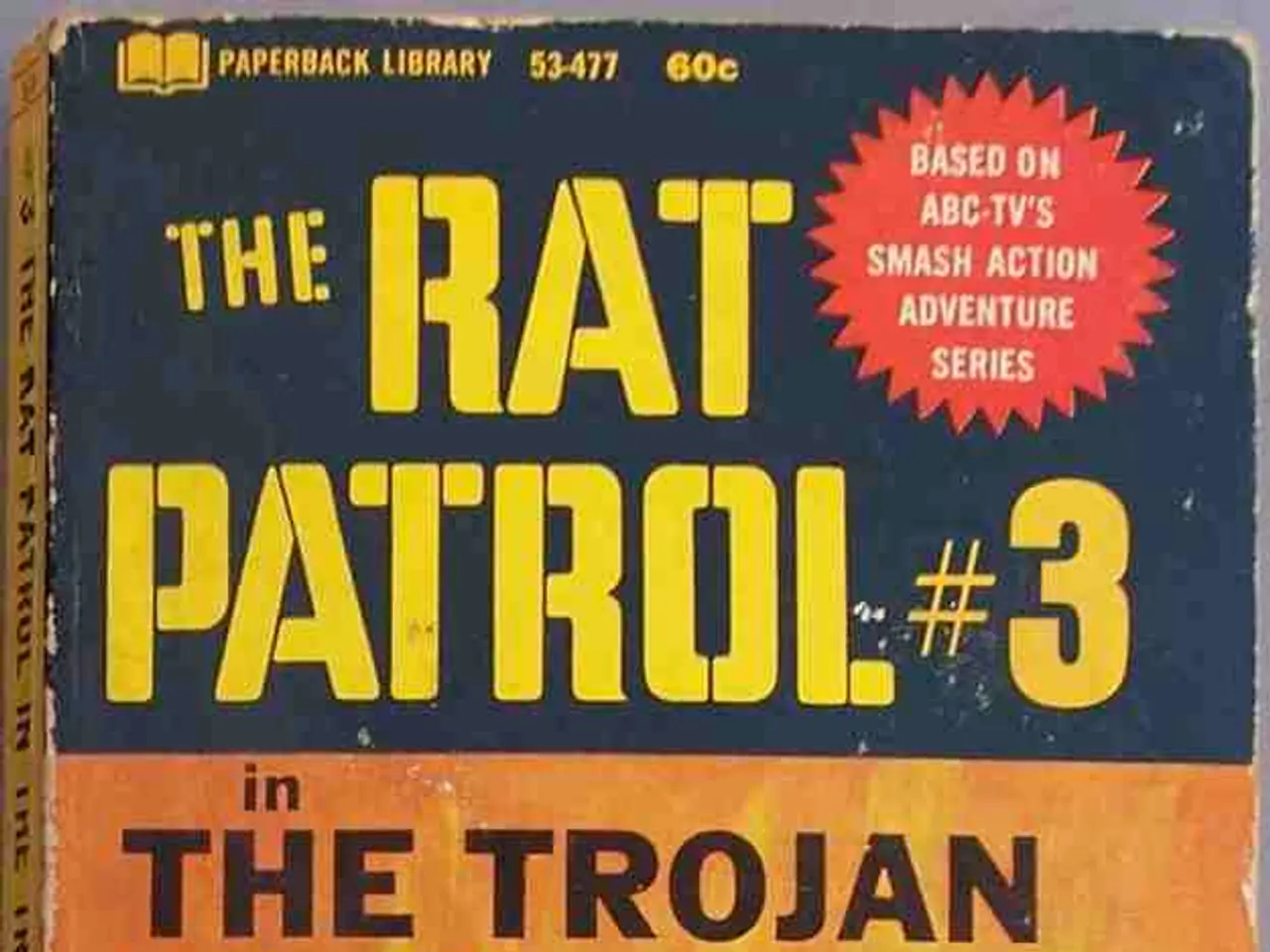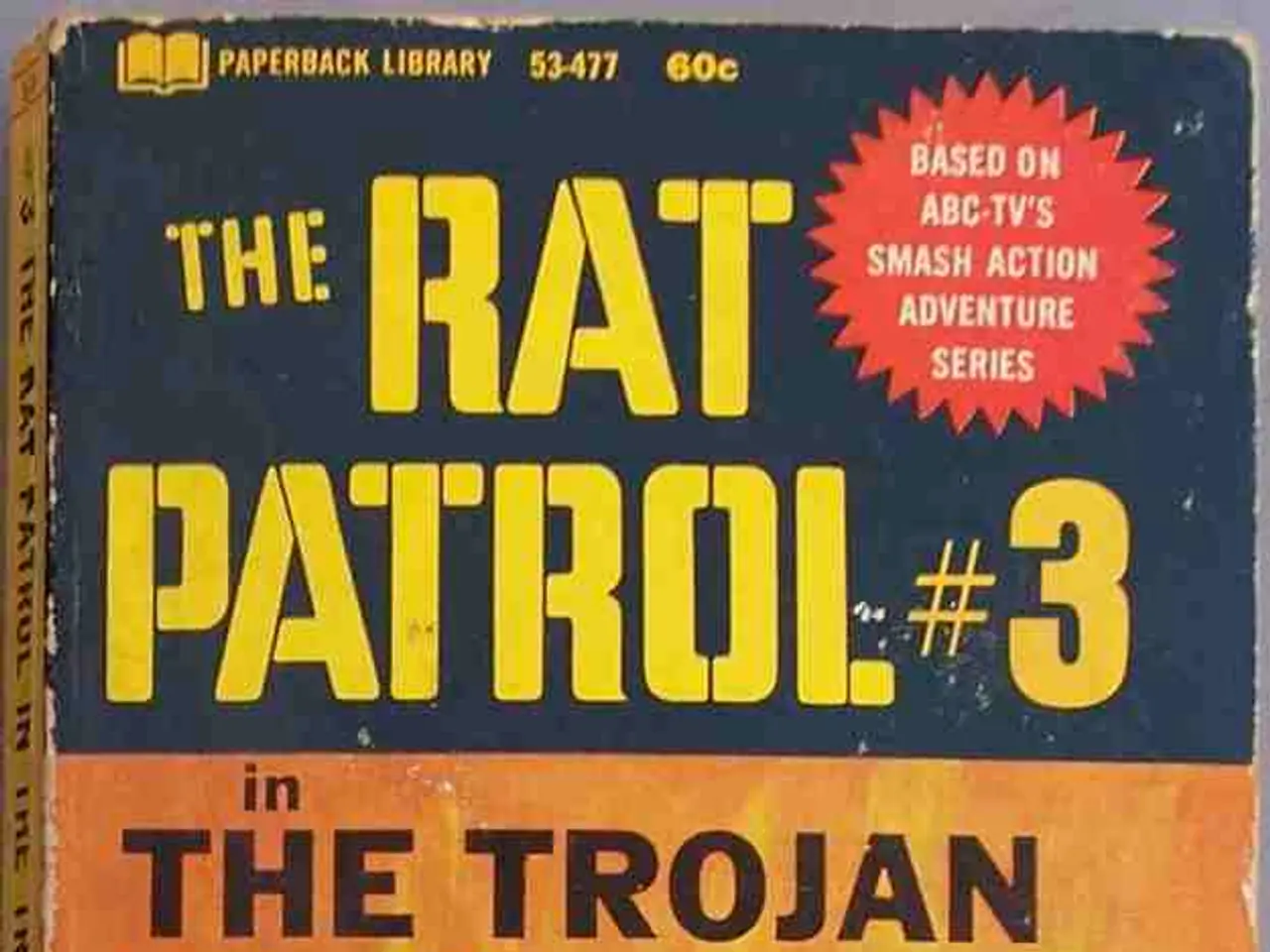"Journal of Inferno": Fictitious Recollections Recounted by Jan Valtin
Bold and unfiltered, Richard Krebs, under the pseudonym Jan Valtin, penned his "Diary of Hell" – a raw chronicle tainted with the scent of communist extremism and espionage. In this gritty narrative, he shares his journey as a worker, an unwavering militant, and a double agent for the Comintern and Soviet secret services.
Throughout the pages, Krebs recounts his allegiance to the working class, viewing the bourgeoisie as enemies, and dismissing any god as a lie crafted by the rich to convince the destitute of their fate. This account serves as a glimpse into the Age of Extremes, a title given to the 20th century by historian Eric Hobsbawm.
He vividly portrays a time when a comrade declared the need for armed revolt, setting the stage for a joint Soviet Germany and Russia, envisioning an invincible unity against their foes. Later, the same ally becomes a high-ranking member of Stalin's secret police, the GPU. This chilling narrative also exposes the self-destruction of the communist movement, which saw its main adversary in social democracy, actively dismantled Weimar democracy, and paved the path for the daunting rise of Hitler.
However, this historical report, at first glance, seems to lack an accurate contextual introduction that would help Place the content within the proper historical milieu. A more suitable evaluation of its findings from its time was much needed, which could have been expertly provided by Ernst von Waldenfels, who released a biography of Richard Krebs in 2002.
Valtin's claims regarding his experiences as a Gestapo prisoner and tortured inmate are likely authentic, given the horrors such individuals endured during that period. Yet, historians, such as Udo Grashof, find the book to be an essential historical source, shedding light on the brutal tactics used by the Gestapo during the early days of Nazi rule.
And what if it all was just fiction? Valtin casually creates fictitious prisoner-of-war camps, such as KZ Worpswede. The book's questionable accuracy calls into question the true credibility of the narrator and leaves room for speculation about his true allegiances. Is he a communist informant, or is he dedicated to the cause?
Bahoe Books delicately re-releases this "heart-wrenching epic" in its old 1957 translation, hinting at a story inspired by real life. Yet, the question remains if these stories have been authentically captured by Krebs or exaggerated for effect. Women in the book are mainly depicted in scandalous supporting roles, giving credence to Regina Scheer's research on the underrepresented women of the Comintern.
Whether or not the narrator's meetings with the leaders of the KPD and the Comintern are based on autobiographical experiences is debatable. His characterizations of leading figures like Ernst Thälmann and Edgar Andree are problematic, leading critics to question the credibility of his claims. Regardless, this book serves as a reminder of the complicated nature of personal narratives, especially in the context of extreme political ideologies and clandestine operations.
- Amidst the wealth of genres, "Diary of Hell" by Jan Valtin, a book that delves into war-and-conflicts and politics, stands as a gripping testament depicting the tumultuous Age of Extremes.
- The entertainment value of "Diary of Hell" extends beyond its gritty narrative, offering valuable insight into crime-and-justice, particularly the brutal tactics employed by the Gestapo during the early days of Nazi rule.
- Bookstores like Bahoe Books reaffirm the significance of "Diary of Hell," a book that, though shrouded in questionable accuracy, contributes to the general-news discourse by shedding light on the complexities of personal narratives during times of extreme political ideologies.






